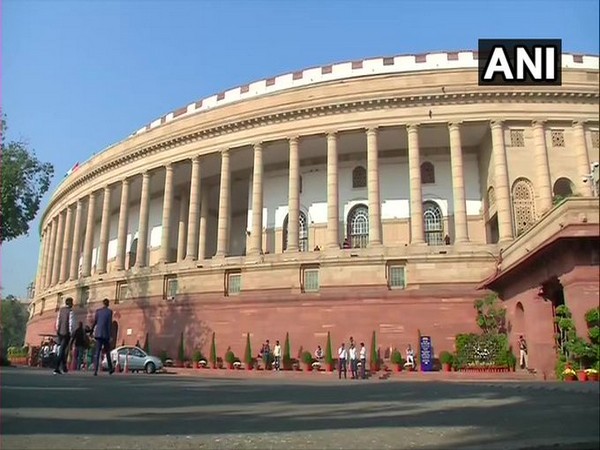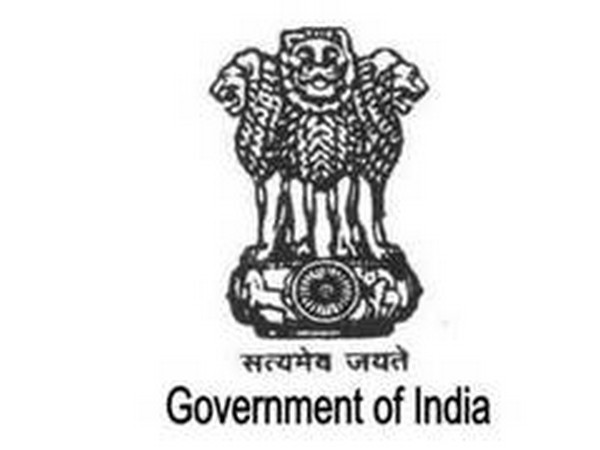The law-making body of any country is considered to be the temple of democracy.Parliament plays a central role in the democratic landscape. It plays an important role in law-making, ensuring accountability of government and deliberate on national and international issues. In this context, many political scholars are saying that the Indian Parliament has not developed and matured to the level that it could or should have been, even after so many years.
Parliament’s reputation and efficiency have both declined due to short parliamentary sessions and laxity in scrutiny of Bills. In such a situation, to preserve the idea of India as a democratic country, Parliament needs to act pro-actively in terms of enacting bills, scrutinizing them and organizing longer sessions.
What are the challenges?
The trend of shorter parliamentary sessions is continuously increasing in the Indian parliamentary system. For example, in the year 2021, the budget session of Parliament ended two weeks before the scheduled time due to the participation of political leaders in campaigning for the state assembly elections. Similarly, in the budget session of the year 2020, some reduction was done due to the nationwide lockdown. In the year 2020, the 18-day monsoon session also lasted only for 10 days, while the winter session was completely cancelled.

Another major challenge is the lack of legislative scrutiny. A total of 13 Bills were introduced during the budget session, out of which 8 Bills were passed within the session and none of the 13 Bills was sent to the Parliamentary Committee for scrutiny. Indicating that it is not being used despite the Parliament having an inquiry mechanism.
The Rajya Sabha and Lok Sabha took only 10 days to present and pass the Delhi National Capital Territory (Amendment) Bill, 2021 and the opposition parties were not given an opportunity to discuss and investigate it. Similarly, the Mines and Minerals (Development and Regulation) Amendment Bill, 2021 was also passed by both houses within a week. Bill for the new DFI was also passed within just three days. New Insurance Bill, 2021, which was intended to raise the Foreign Direct Investment (FDI) limit for insurance companies from 49 per cent to 74 per cent, also took a week to pass in both the Houses.
Passage of bills in such a manner should be seen as negligence by the Parliament in examining a bill. It should not be treated as the efficiency of the Indian parliamentary system.
Besides, bypassing the parliamentary committees is also a big concern.According to the data collected by PRS Legislative Research, during the 15thLok Sabha, the rate of sending of bills by Parliament to departmental committees was 71 per cent, which came down to only 27 per cent during the 16thLok Sabha and 17thLok Sabha. During this period, the rate was reduced even further.Apart from departmental committees, the rate of referring a bill to selected parliamentary committees and joint parliamentary committees is also very low.

Also read: Why Government Is Focusing On Privatization? Know Its Significance
Another deteriorating practice is the lack of discussion on the Union Budget. The Constitution of India makes it mandatory for the Lok Sabha to approve and discuss the expenditure budget of each department and ministry.However, for the detailed discussion in the Lok Sabha this year, only the budgets of five ministries were listed and out of that only three were discussed. Apart from that major portion of the budget was approved guillotine motion.
What needs to be done?
Parliament should ensure adequate scrutiny on the proposals and actions of the government. Parliament should establish a research system to assist the Members of Parliament. It must give adequate time to MPs to examine the issues. Besides, technology-based solutions may be considered in view of the cuts in parliamentary sessions due to the pandemic.
Another much-needed thing is transparency in legislative processes. It is necessary to ensure that adequate scrutiny of bills and budget is done by parliamentary committees and feedback is also taken from the general public. This will help the citizens to understand which side of a bill is right and which is not right and how it can be reformed.
Besides, the Parliament should also prepare a detailed framework for the Legislative Impact Assessment. Each legislative proposal should include a detailed description of social, economic, environmental and administrative impact for wider awareness and evaluation.
A need of reforms in Parliamentary Committee system is imperative. To ensure the effective functioning of the Parliamentary Departmental Committees, measures such as long tenure and inclusion of expertise can be adopted. It is important to note that in countries like Sweden, Finland and Australia, it is mandatory to send all or at least some specific Bills to Parliamentary Committees.India should also make similar mandatory rules to get the overall benefit of the parliamentary committee system on the lines of these countries. Undermining the role of parliamentary committees in the passage of key legislation indicates a weak democracy.

At last, the role of the opposition must be strengthened. The use of institutions such as the shadow cabinet can be considered in this context. The shadow cabinet is a parallel cabinet formed by the opposition party to counterbalance the ruling party to balance the parliamentary system, a unique institution of the British parliamentary system. In such a system, every action of the government minister can be made mandatory to be countersigned by the minister of the shadow cabinet.
Closing words:
The Parliament has a primary and central role as a representative body examining the work of government in a democratic system. In order to fulfil its constitutional mandate, it is necessary for Parliament to function effectively. In addition, many experts consider the proper scrutiny of any bill as an essential condition of a quality law. Ignoring or abolishing the role of parliamentary committees in law-making undermines the spirit of world’s largest democracy.
